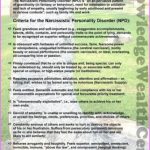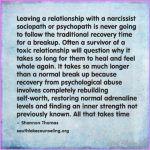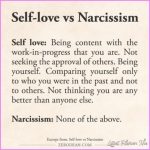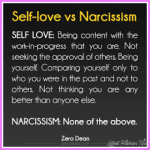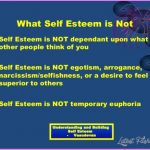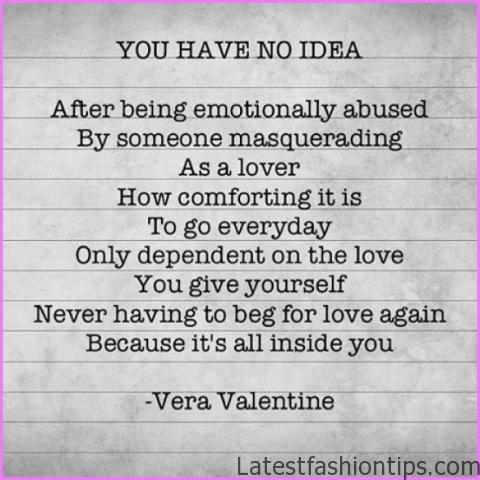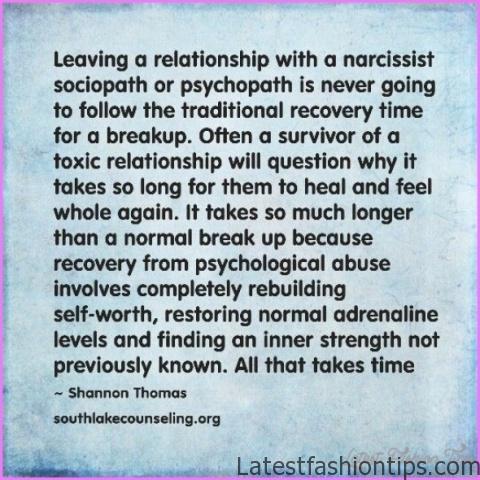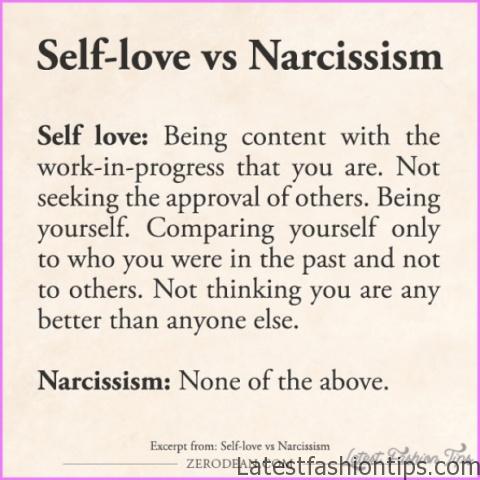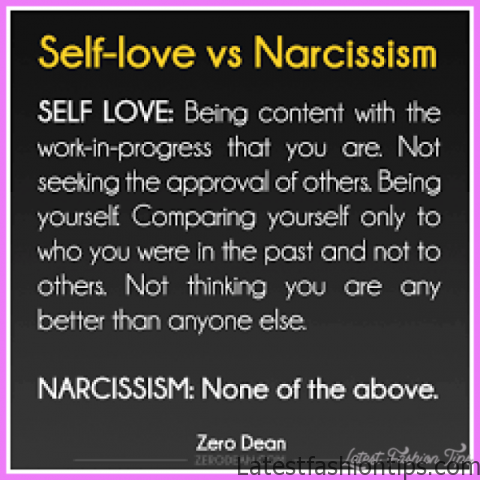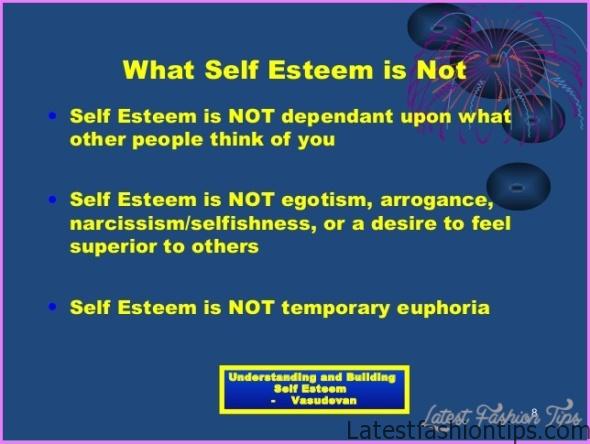The ideas of self-love and self-care are intricately connected. Self-care is taking the time, making the space, and cultivating a wonderful world for you. How many other people in your life do you do this for? And why do you do it? Is it because you love them? Try directing some of this love back to yourself. Use it to fuel that advocacy, to fuel the self-care that is so critical to a Slow Beauty practice and, moreover, that is critical to your best life, to the life you deserve.
The topic of love has been discussed and dissected since time immemorial. There are songs about love, dances about love, poetry about love, plays about love, movies about love, and television shows about love. In Plato’s Symposium, philosophers have an in-depth debate about the essence of love, arguing multiple viewpoints. In The Art of Loving, social psychologist Erich Fromm discusses the many aspects of love, including everything from the love of God to erotic love to self-love. There are so many facets of love, so many ways to love and be loved, so many different forms and expressions of love we love our lovers, our friends, our parents, and our children, each in unique ways.
SELF-LOVE AND NARCISSISM ARE NOT THE SAME Photo Gallery
But there’s one type of love that we’re not so enamored with. And that is self-love. As a society, we have been taught that self-love is a neurosis. That neurosis has a name: narcissism or vanity. Perhaps you’ve heard the Greek myth about Narcissus, the selfish young man who felt nothing but disdain for everyone who loved him and was banished by the gods to roam the forest in hopes that he would learn from his mistakes. Instead, Narcissus became so mesmerized by his own reflection in the pond that he forgot to drink the water and ended up dying of thirst. The term narcissism was coined at the turn of the nineteenth century by Havelock Ellis and Paul Nacke and deemed a disorder of “excessive selfishness,” stemming from “self-love.” In the twentieth century, psychologist Otto Rank solidified narcissism as an unhealthy distortion of self-admiration and vanity. Later, Sigmund Freud, among others, built upon Rank’s thesis and this idea of narcissism became engrained in our psyche.
The soul needs love as urgently as the body needs air. In the warmth of love, the soul can be itself.
Today, this invention that was inspired by a Greek fable serves as the undertone in many of our personal mythologies. Our dread of narcissism has perverted our experience of self-love, which should be a means of wholesomeness, wholeness, and holiness. We aren’t taught to love ourself because self-love has been appropriated. Of course there are personality types who truly are narcissistic, but the vast majority of us are not.
We are in awe of great, fabled love affairs; we admire them and yearn for that type of connection for our own. That kind of love that is larger than life, whether it’s Cinderella or Romeo and Juliet. The problem with this fixation is that it draws our attention to the external rather than encouraging us
to look inward. Ideally we want to first generate love internally we want to love ourself before looking outward. Of course, love doesn’t always happen in that order, and that’s okay because selflove is always an option. We just need to make the decision to go for it. This self-love, this radical self-care, requires you to be your own most intimate friend, to start being your own soul friend.
We have never been educated about how to love ourself. In fact, most of us have been unconsciously trained to do the opposite. I suppose if we aren’t directed to love ourself, if this isn’t upheld as a cultural or societal value or a virtue, and if we aren’t shown ways in which to achieve self-love, then we will inevitably turn outward to seek external objects to satisfy this very natural, human longing this human need.
That seeking propels us toward the endless consumption of things that never quite satisfy our longings. I’m happy to say that this is changing. People are waking up. Our collective consciousness is evolving, as we begin to consume more mindfully and recognize the importance of meaningful experiences, both personal and communal. We have the opportunity to learn together and teach one another the value of loving our own self. This will, in turn, help us develop a greater capacity to connect with and love others. Our existential feelings of separateness will become less apparent as we return first to ourself and, from there, make our way back to others, with whom we can share the treasures we’ve discovered within. Love is the beauty. Beauty is the love.
Maybe You Like Them Too
- Tamar Braxton A Life in Music
- Sunny Hostin A Biography
- Steve Coogan A Life in Comedy
- Sterling K Brown A Biography
- Stephen A. Smith A Biography


